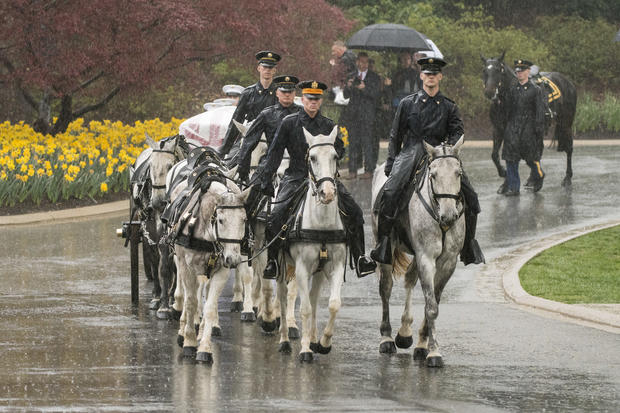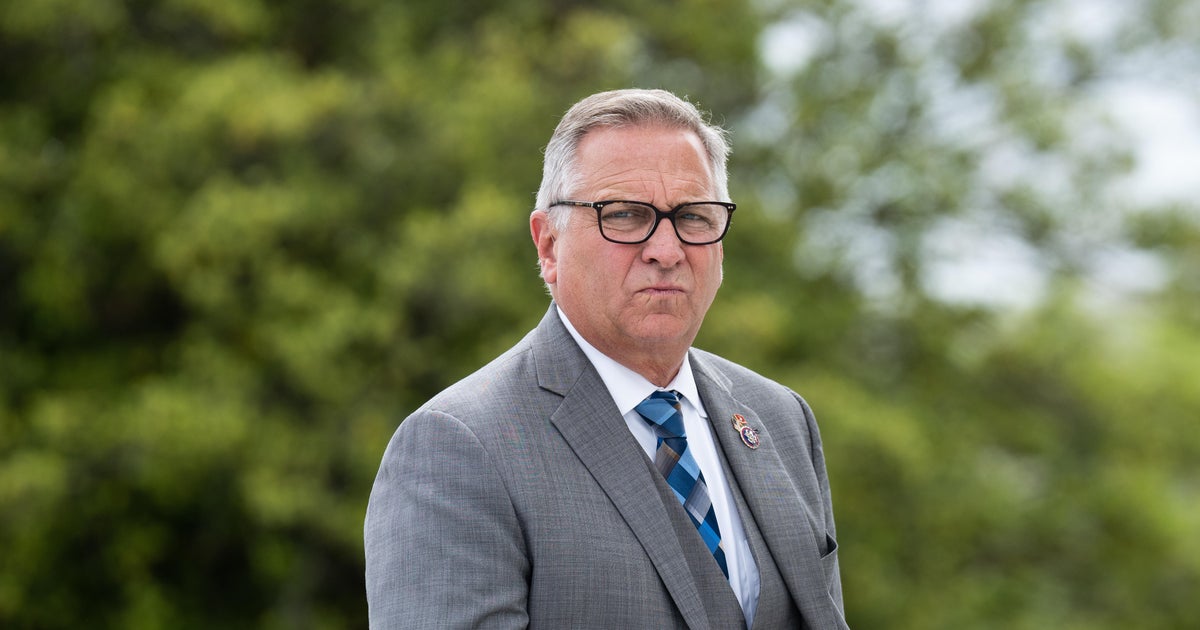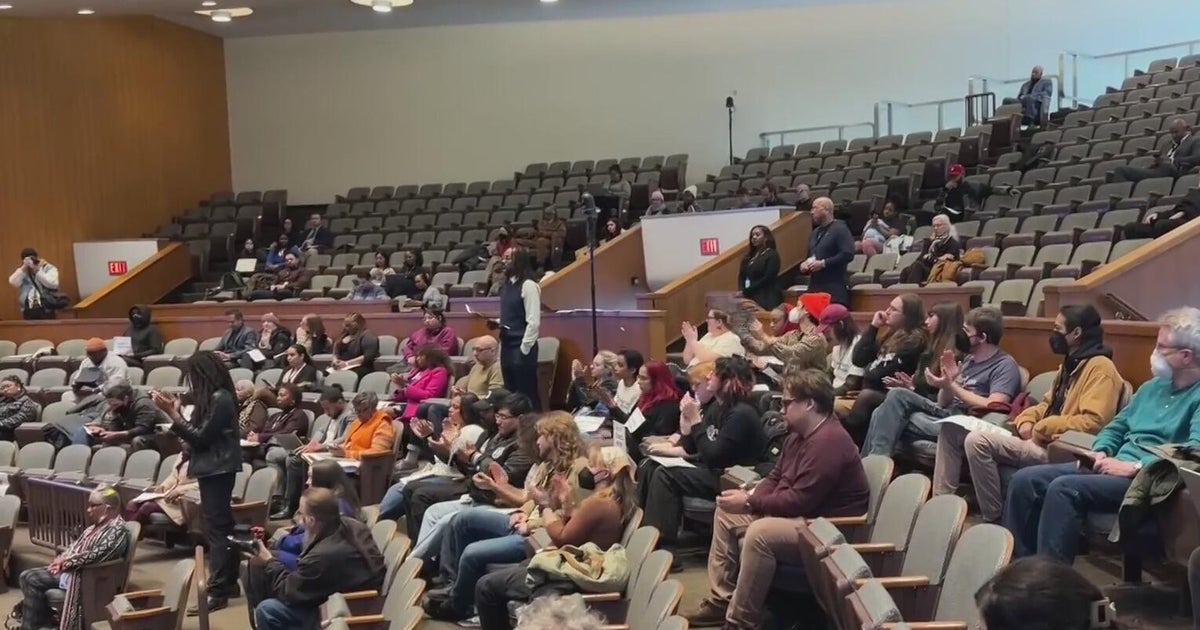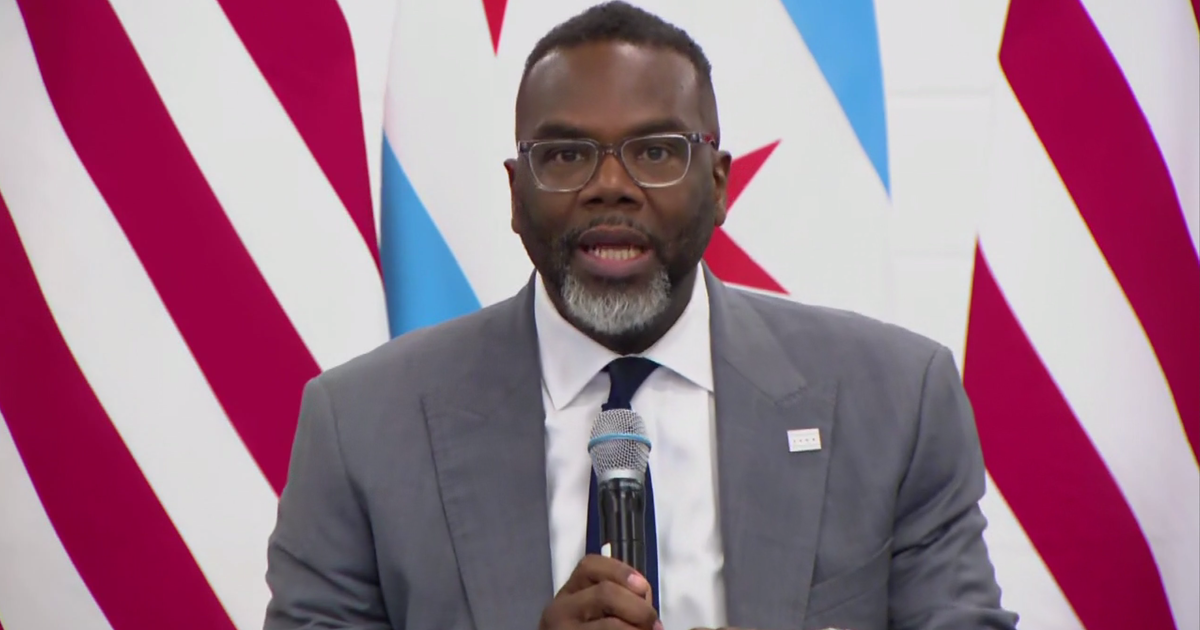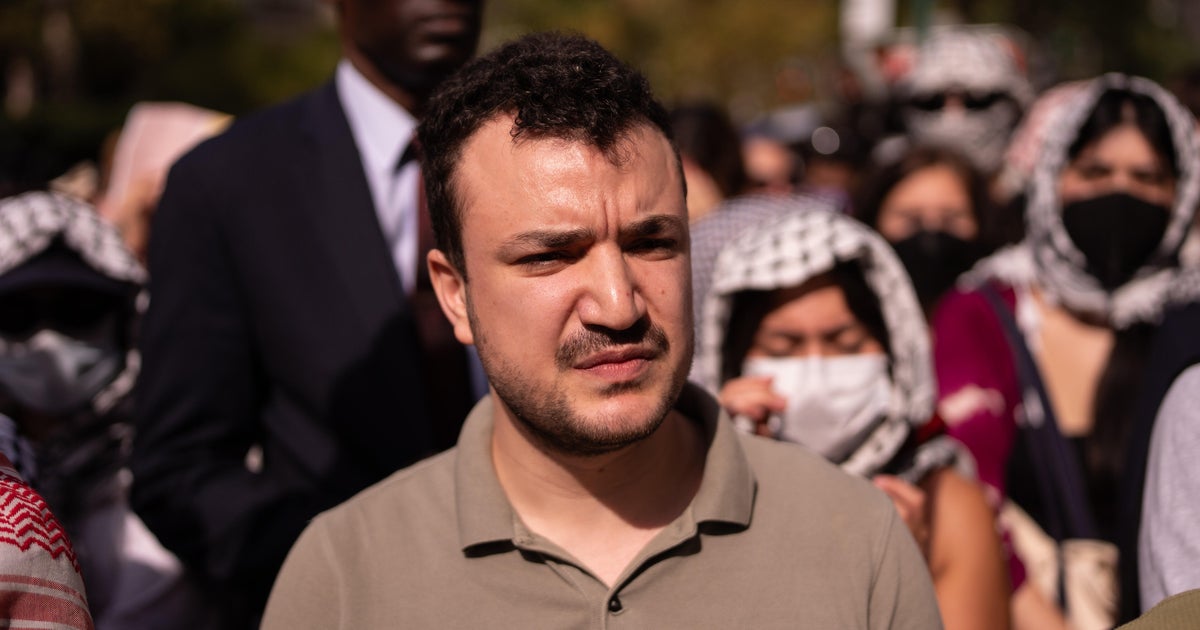Army rolls out rehab plan for military working horses
To improve the long-term health of military horses at Arlington National Cemetery, the Army is rolling out a rehab plan built on lessons learned about the horses' care over the past year.
The plan is being implemented during a 45-day pause on using horses at Arlington National Cemetery to pull the caissons carrying the caskets of fallen service members to their final resting place. The pause is the result of advice the Army has received since two horses of the caisson platoon died within 96 hours of each other in February 2022.
Maj. Gen. Allan Pepin,commander of the Army Military District of Washington, said the horses had been mismanaged — not mistreated — because of a lack of knowledge about horse care.
"The challenges we're facing in our caisson program stem from a number of cumulative issues resulting from a lack of adequate facilities, pasture space, diet, nutrition, and poor herd management that date back many years since at least 2010," Pepin told reporters Wednesday.
The rehabilitation plan includes rotating the 49 horses under the care of the 3rd U.S. Infantry Regiment, also known as "The Old Guard," through physical therapy, increasing the number of staff and contract trainers and purchasing new horses with the right abilities, age and training.
The Army Military District of Washington is also considering reducing the weight of the caisson, which is about 2,800 pounds without the casket. The Army is exploring building caissons out of lighter weight material and potentially installing an automatic brake system, so the horses do not have to bear as much of the burden while going down the hills at Arlington.
The Army also plans to buy new equipment, like saddles, for better fits and to reduce injuries. To expand the horses' space, the Army will lease land through agreements with other federal agencies.
The pause and the development of the plan for long-term health of the horses was driven by the input of a new herd manager, hired in August 2022, and the hiring of additional equine experts.
"If we did not do the halt, we were going to increase risk for mission failure, because more horses would have been not available and potentially non recoverable," Pepin said.
Funeral honors at Arlington National Cemetery continue during the break for the horses.
During the 45-day break, 200 families were scheduled to have their loved one receive military funeral honors and a burial at Arlington National Cemetery. So far, 199 families have been contacted about the suspension of the use of horses, and of those, six have requested to reschedule their funerals to a date when a caisson could be provided, Pepin told reporters on Wednesday.
